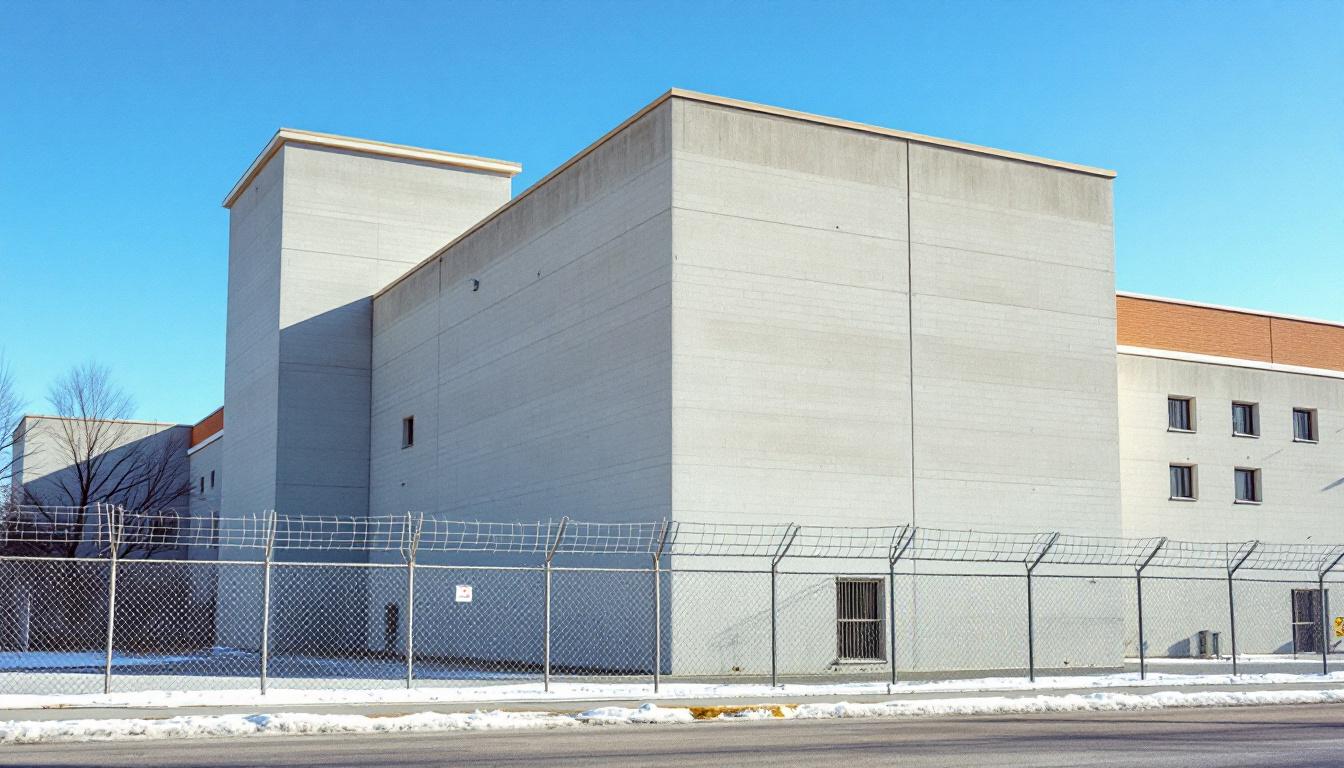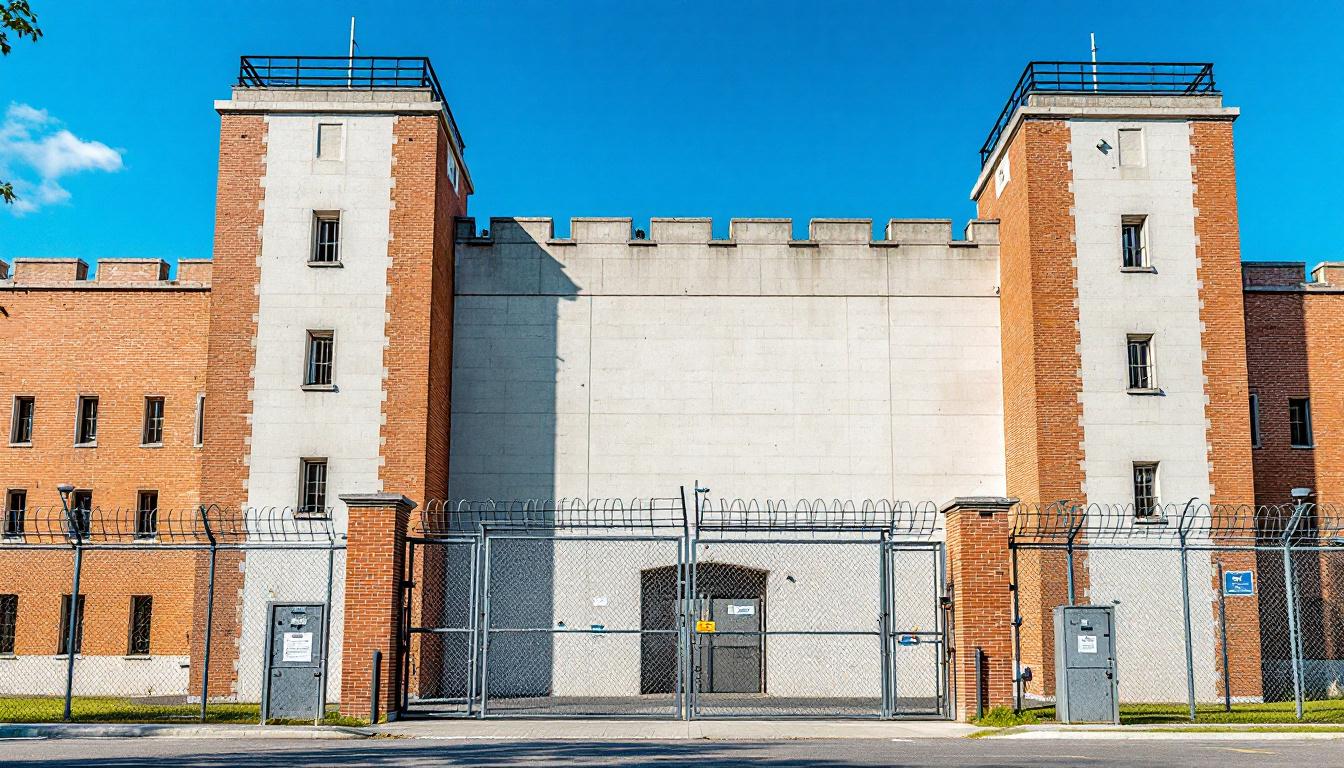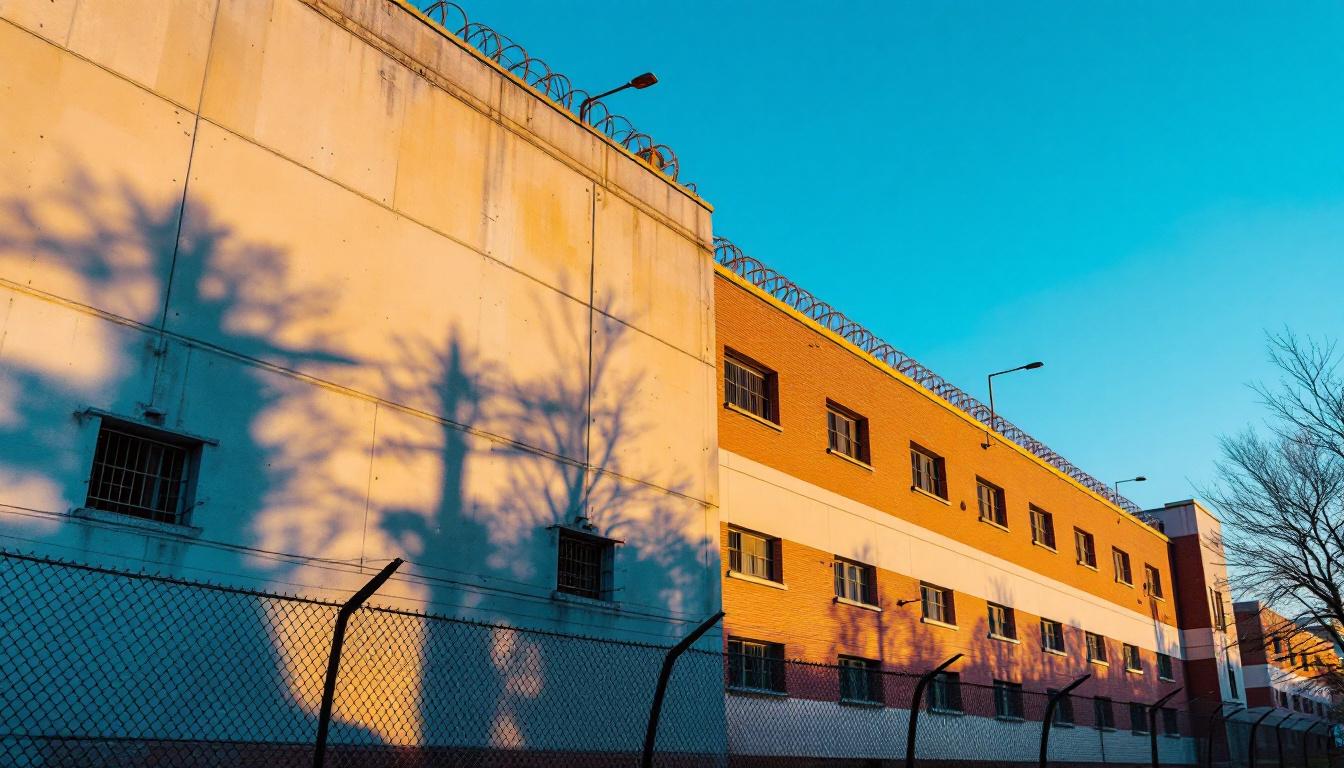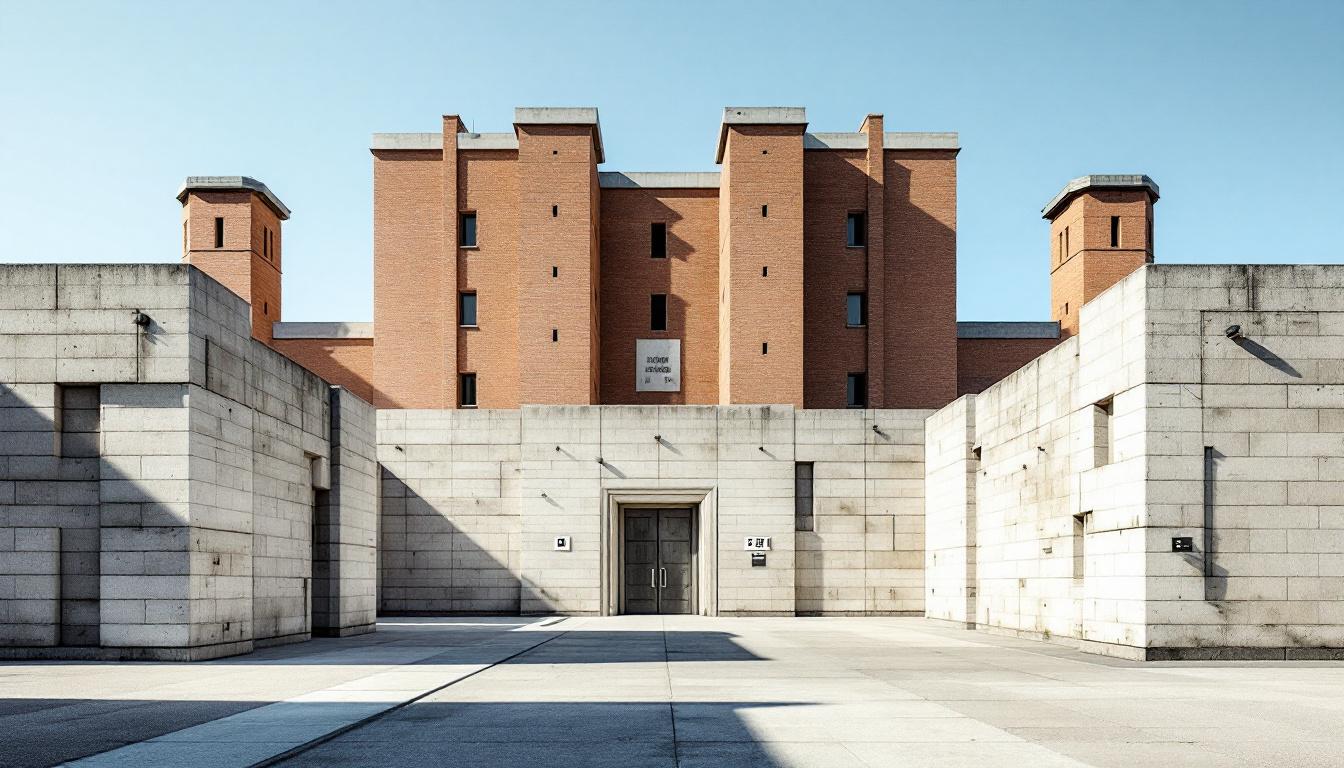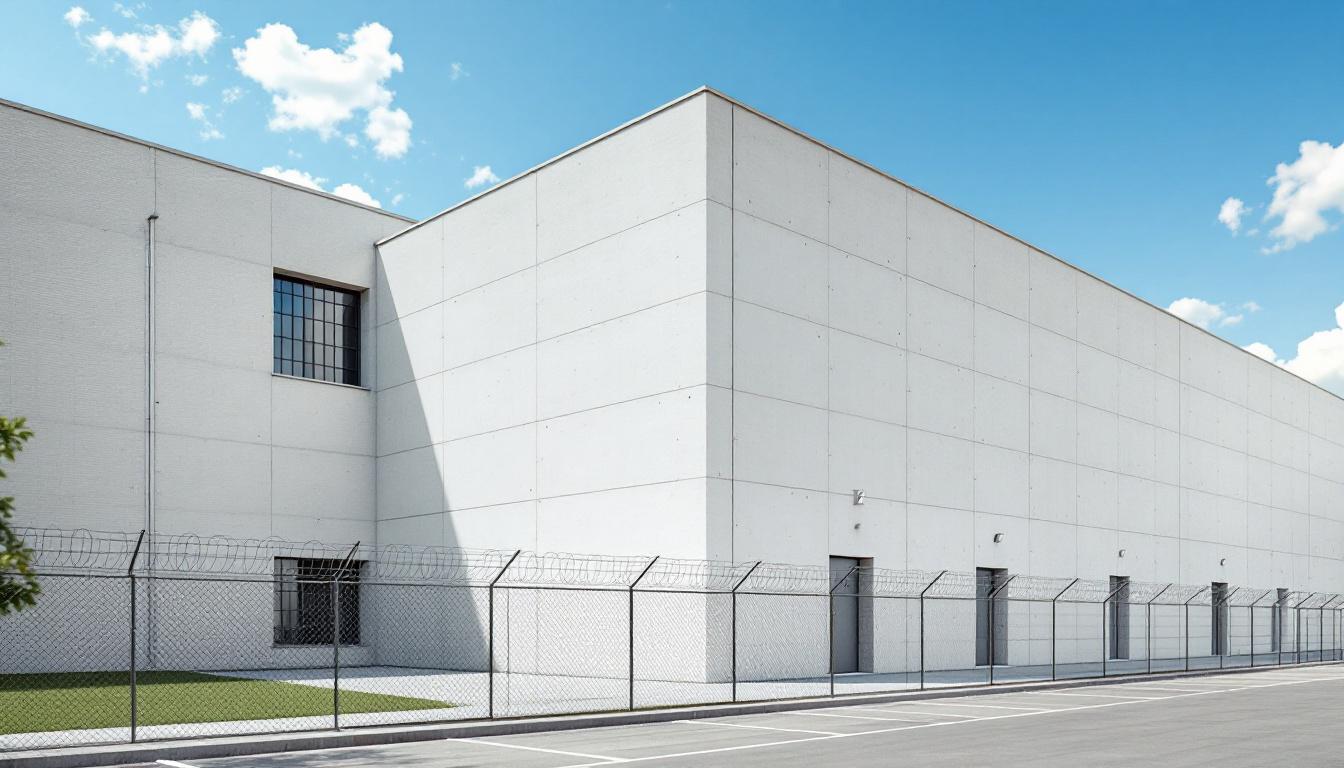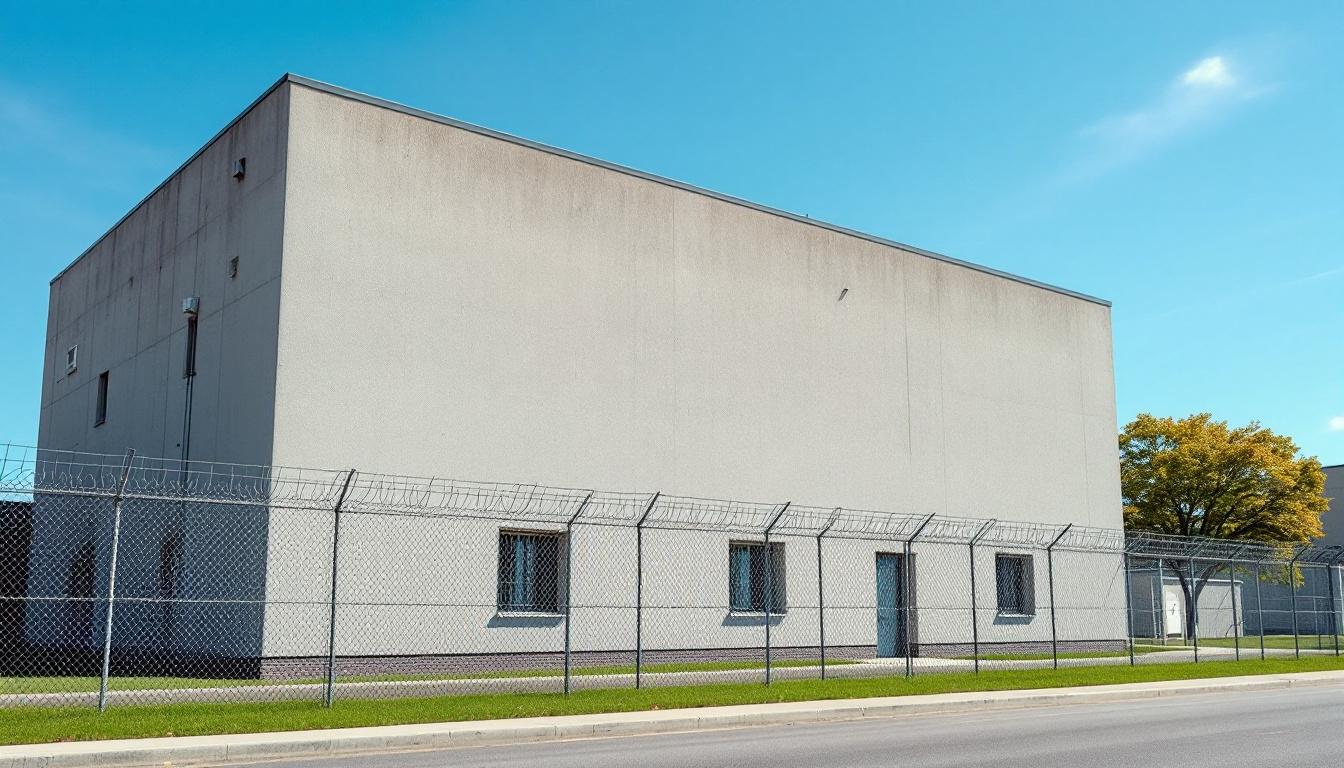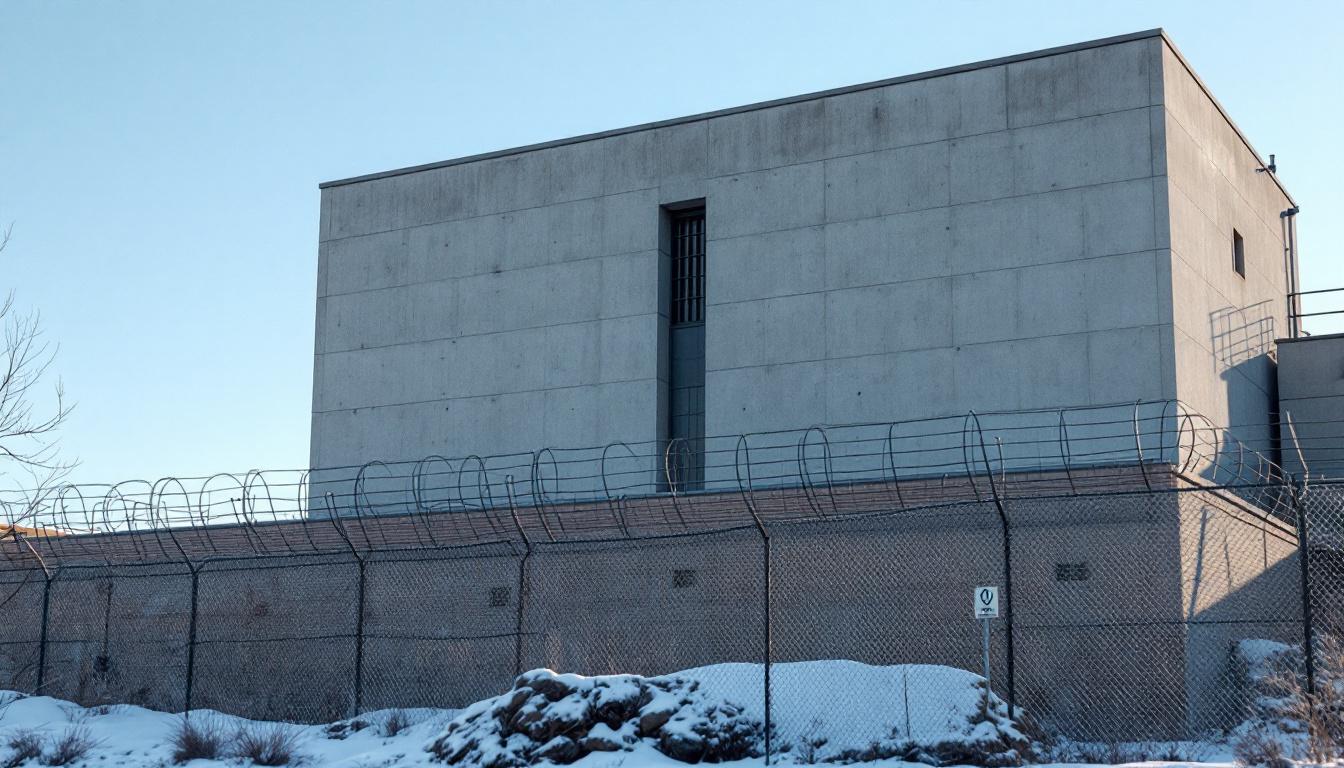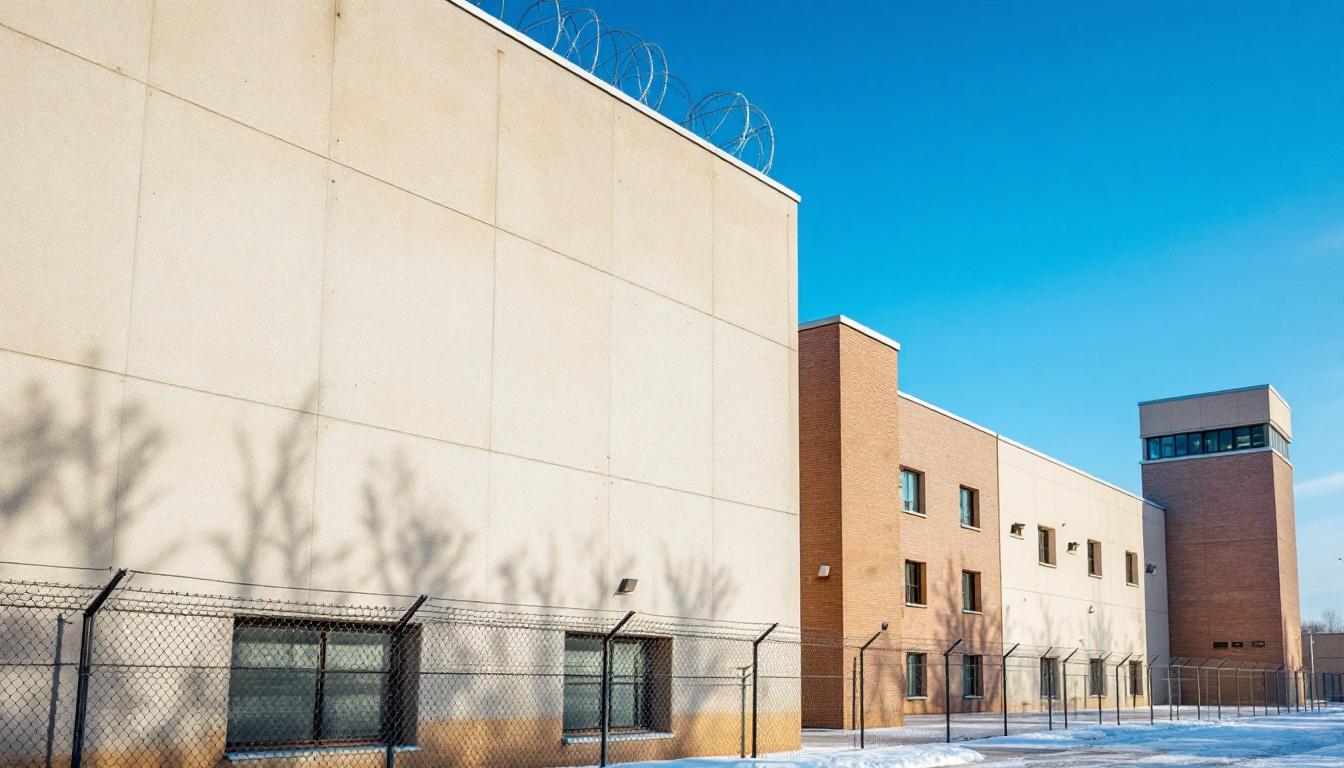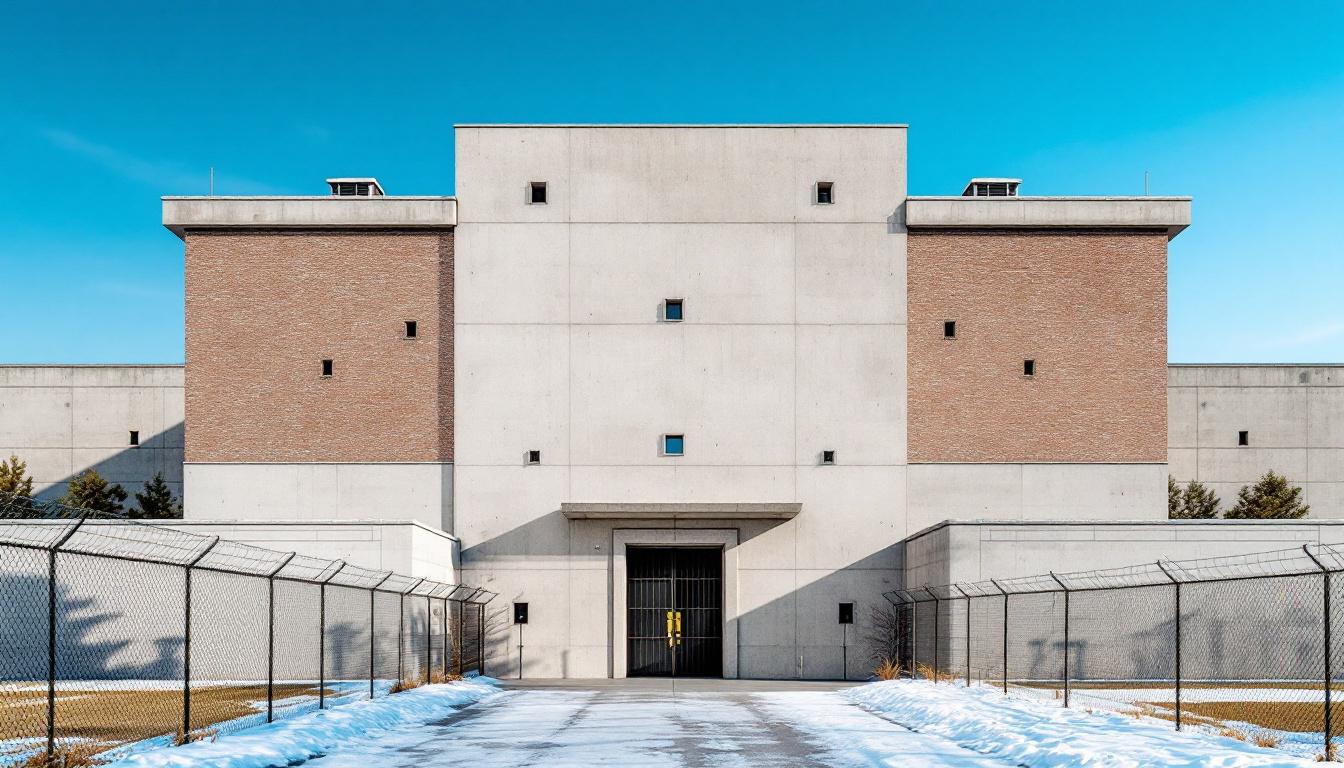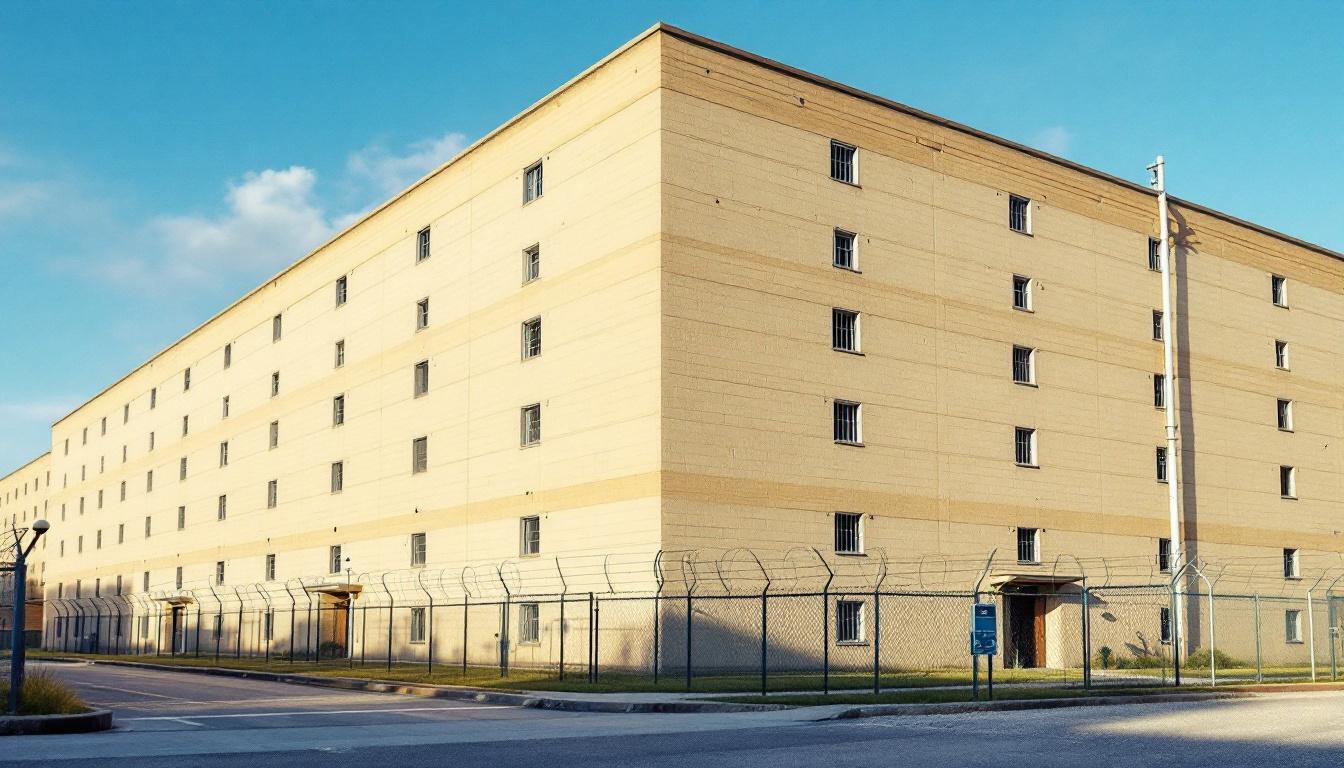
Quick Navigation
How to contact an inmate at Dillon County Jail
This comprehensive guide will walk you through how to connect with an inmate at Dillon County Jail. Follow the steps below to find an inmate and send letters and photos:
- Search for the inmate using our search tool below
- Create your account or log in to Penmate
- Write your message (up to 6,000 characters)
- Send instantly - inmates receive printed copies daily
Find an Inmate
Search for an inmate to start communicating today
Tip: You can search by first name, last name, or inmate ID number
To contact a person at Dillon County Jail start by searching for the person on the official facility website. Perform a search by following these steps:
- Step 1: Enter their first name and last name into the search form and click "Search"
- Step 2: Locate their inmate record
- Step 3: Write down their Inmate ID and any housing information provided
Important! Be sure to enter the person's full name. Nicknames should not be used.
How to Send Messages to Inmates

You can use your phone or computer to send emails, letters, and photos to an inmate. Messages are sent electronically to inmate tablets or kiosks at the facility. If you would like to send a message, start by searching for an inmate at Dillon County Jail.
Sending Photos and Postcards

A great way to send love and support to a loved one at Dillon County Jail is to send photos and postcards. It only takes a few minutes to send photos from your phone and it makes a huge difference. You can also mail postcards with words of support and inspiration, or design your own postcard for special moments like birthdays and holidays.
Important! Be sure not to send any explicit photos or they may not be approved by the facility. You can also use a photo printing app like Penmate to make sure your photos are printed at the correct size (4x6 or 3x5) and are mailed according to the rules and regulations of Dillon County Jail.
Frequently asked questions about Dillon County Jail
-
How long does it take to deliver a message?
If you're sending an email message your letter is usually delivered within 24-48 hours. For messages sent via mail you should expect delivery within 3-7 days. All messages will need be approved by Dillon County Jail.
-
How much does it cost to send a message to Dillon County Jail?
You can send a message free using your phone or mail a message via USPS for the price of a $0.60 stamp and envelope. You can also purchase credits or e-stamps from services starting at $1.99.
-
What services can I use to contact an inmate at Dillon County Jail?
Penmate
You can use Penmate to send letters and photos to an inmate from your phone. It's an easy way to stay in touch during your loved one's incarceration. Use the inmate locator to find an inmate's location and contact information, then you can send messages within a few minutes.
Securus messaging
Securus may be another option for communicating with an inmate at Dillon County Jail. You can create a friends and family account and purchase credits to send messages. All messages will be reviewed and must be approved by the facility.
JPay
Some county jails and state prisons may support sending messages with JPay. You must register an account with the system, find your loved one, and purchase stamps to send messages. For some locations you can also attach photos.
Smart Jail Mail
You may also check if Smart Jail Mail is available at Dillon County Jail. Smart Jail Mail is operated by Smart Communications and has contracted with some state and county jails. After purchasing credits, your messages and photos are sent to the facility, printed out, and then handed out to your loved one.
-
What is the mailing address of Dillon County Jail?
Mailing address:
Dillon County Jail
1027 Old Latta Hwy
Dillon, SC 29536
Phone: (843) 774-1435 -
What are the visiting hours at Dillon County Jail?
Visiting hours at Dillon County Jail vary by housing unit and security level. Generally, visits are scheduled on weekends and holidays, with some facilities offering weekday visits. Contact the facility directly at (843) 774-1435 or check their website for the current visiting schedule. Visits typically last 30-60 minutes and must be scheduled in advance.
-
What items are prohibited when sending mail to Dillon County Jail?
Prohibited items typically include: cash, personal checks, stamps, stickers, glitter, glue, tape, staples, paperclips, polaroid photos, musical or blank greeting cards, hardcover books, magazines with staples, and any items containing metal or electronics. Only send letters on plain white paper with blue or black ink. Photos must be printed on regular photo paper (no Polaroids). Always check with Dillon County Jail for their specific mail policies.
-
How do I send money to an inmate at Dillon County Jail?
You can send money to an inmate at Dillon County Jail through several methods: 1) Online using JPay, Access Corrections, or the facility's approved vendor, 2) Money orders mailed directly to the facility with the inmate's name and ID number, 3) Kiosks located in the facility lobby, or 4) Over the phone using a credit or debit card. Fees vary by method, typically ranging from $2.95 to $11.95 per transaction.
-
Can I schedule a video visit with an inmate at Dillon County Jail?
Many facilities now offer video visitation as an alternative to in-person visits. At Dillon County Jail, video visits may be available through services like Penmate, Securus Video Connect, GTL, or ICSolutions. Video visits typically cost $10-20 for 20-30 minutes and must be scheduled in advance. You'll need a computer or smartphone with a camera and reliable internet connection. Contact the facility for their specific video visitation policies and approved vendors.
-
What identification do I need to visit an inmate at Dillon County Jail?
All visitors must present valid government-issued photo identification such as a driver's license, state ID, passport, or military ID. Minors must be accompanied by a parent or legal guardian who can provide the minor's birth certificate. Some facilities require visitors to be on the inmate's approved visitation list, which may require a background check. Contact Dillon County Jail for specific ID requirements and visitor approval procedures.
-
How can I find out an inmate's release date?
To find an inmate's release date at Dillon County Jail, you can: 1) Use the online inmate search tool if available, 2) Call the facility's records department, 3) Contact the inmate's case manager or counselor, or 4) Have the inmate provide this information during a call or visit. For privacy reasons, some facilities only release this information to immediate family members.
Facility Overview
Official Website
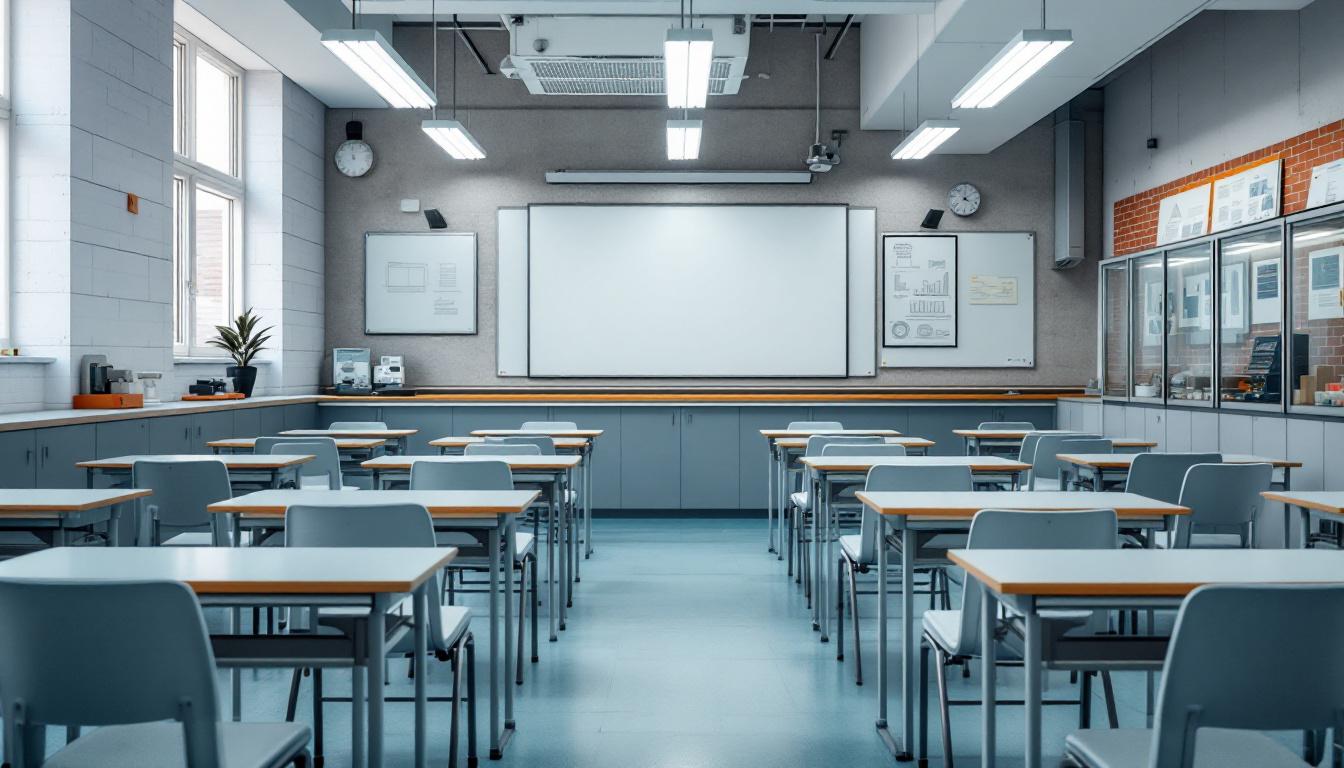
About Dillon County Jail
Nestled within the agricultural heartland of Dillon, South Carolina, the Dillon County Detention Center serves as a cornerstone of the local criminal justice system, reflecting the community's commitment to both public safety and offender rehabilitation. This SC correctional facility operates within a region where traditional Southern values emphasize second chances and community restoration, principles that typically influence the center's approach to detention and programming. The facility's role extends beyond simple incarceration, as it generally functions as part of South Carolina's broader network of county-level detention centers that handle pre-trial detainees and individuals serving shorter sentences.
Throughout its operational history, the detention center has evolved to meet changing community needs while maintaining focus on evidence-based practices that support successful reintegration. Residents services may include educational opportunities, substance abuse counseling, and vocational training programs designed to address underlying factors that contribute to criminal behavior. The facility often collaborates with local organizations and service providers to offer programming that reflects the specific needs of Dillon County's population, recognizing that effective rehabilitation requires community partnership and culturally relevant interventions.
The center's contribution to public safety extends beyond secure housing of detainees to encompass comprehensive case management and transition planning. Staff typically work with residents to develop individualized plans that may include mental health services, job readiness training, and family reunification support. This holistic approach reflects the facility's understanding that successful rehabilitation requires addressing multiple aspects of an individual's circumstances, ultimately serving both the immediate safety needs of Dillon County residents and the long-term goal of reducing recidivism through meaningful intervention and support.
Programs & Services
Comprehensive rehabilitation initiatives at this South Carolina facility center on developing practical skills and personal growth opportunities that prepare residents for successful community reintegration. The facility's approach typically emphasizes hands-on learning experiences combined with structured support systems designed to address both immediate needs and long-term goals. These multifaceted initiatives often include carefully coordinated services that may deliver measurable improvements in residents' educational attainment, job readiness, and overall well-being.
Educational services form the foundation of the facility's programming, providing residents with opportunities to complete high school equivalency requirements and develop fundamental academic skills. Furthermore, vocational initiatives focus on practical trades training, with small engine repair serving as a key component that teaches residents valuable mechanical skills applicable to various employment sectors. These educational and vocational programs typically operate through structured classroom instruction combined with hands-on workshops, allowing residents to gain both theoretical knowledge and practical experience that may enhance their employment prospects upon release.
Support services complement the educational framework through comprehensive vocational programs that extend beyond specific trade skills to include job readiness training and workplace preparation. Faith-based initiatives often provide spiritual guidance and community connections that may support residents' personal development and moral growth. Additionally, physical fitness programs typically promote both physical health and mental well-being, creating structured activities that may help residents develop discipline, stress management techniques, and healthy lifestyle habits that can benefit their long-term rehabilitation goals.
Daily Life & Visitation
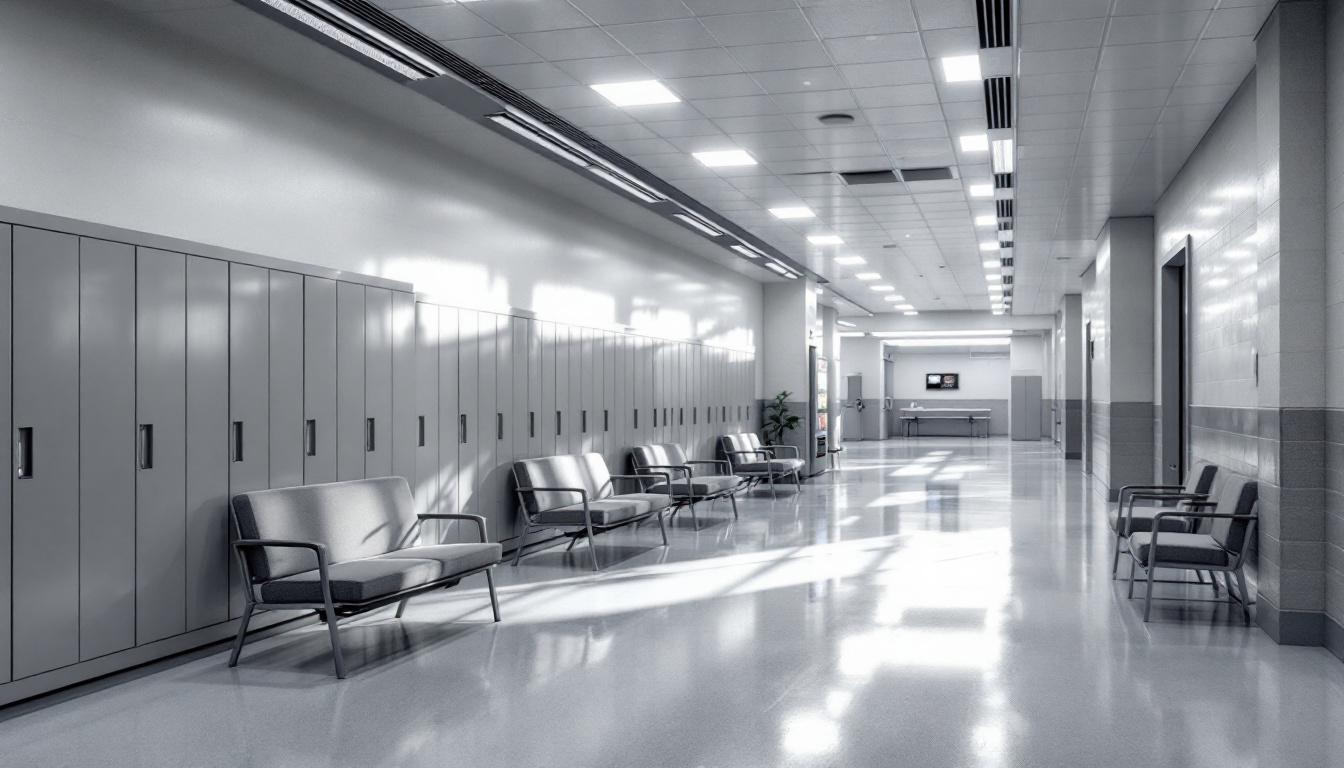
Structured routines now anchor each day with predictable patterns that residents can rely upon. Wake-up calls typically occur in the early morning hours, followed by scheduled meal times and count procedures that happen regularly throughout the day. This consistent framework helps residents understand expectations and plan their time accordingly.
Furthermore, living accommodations at the facility generally include dormitory-style housing units or individual cells, depending on classification levels and available space. Residents typically receive basic bedding, personal hygiene items, and have access to commissary services where they may purchase additional necessities and approved items. Meals are usually served in designated dining areas at set times, with menus that aim to meet basic nutritional requirements while accommodating certain dietary restrictions or medical needs.
Although daily schedules deliver structure through mandatory programming, residents often have opportunities for recreation and physical exercise during designated periods. Work assignments within the facility may include kitchen duties, cleaning responsibilities, or maintenance tasks that help residents develop skills while contributing to facility operations. Visitation policies generally allow for scheduled visits with family members and approved contacts, while phone access and written correspondence typically provide additional means of maintaining important relationships. Educational programs and counseling services are often available to support personal development and preparation for eventual reintegration into the community.
Ready to Connect?
Start communicating with your loved one today
Search for an Inmate
